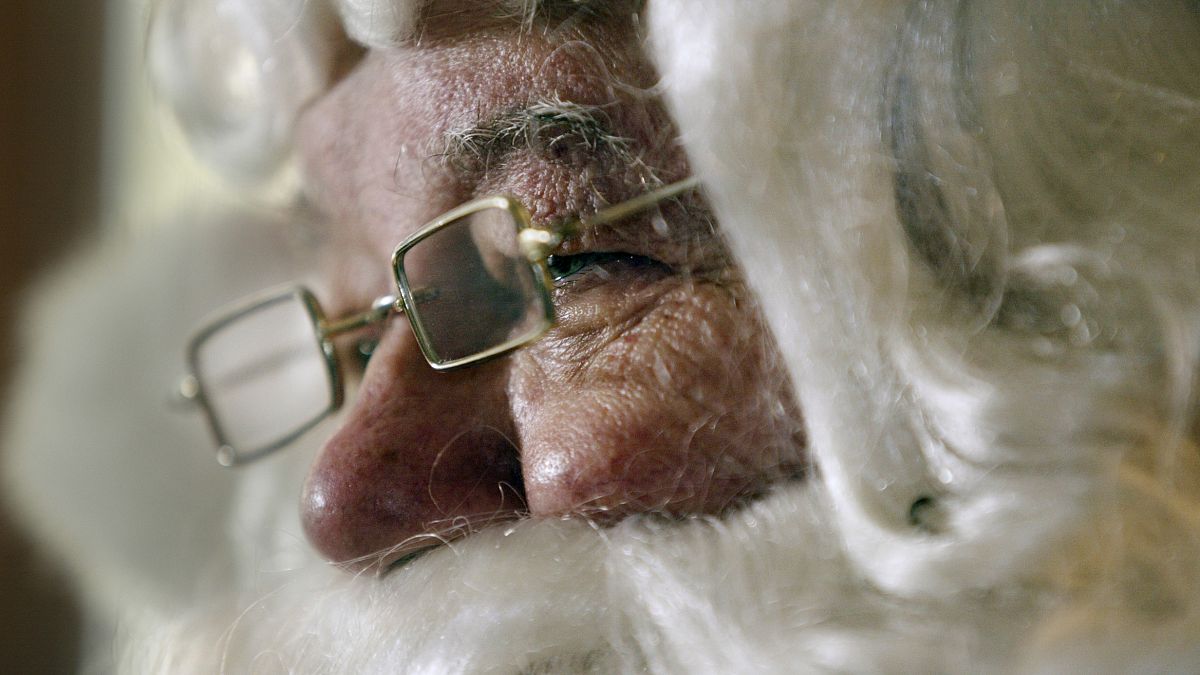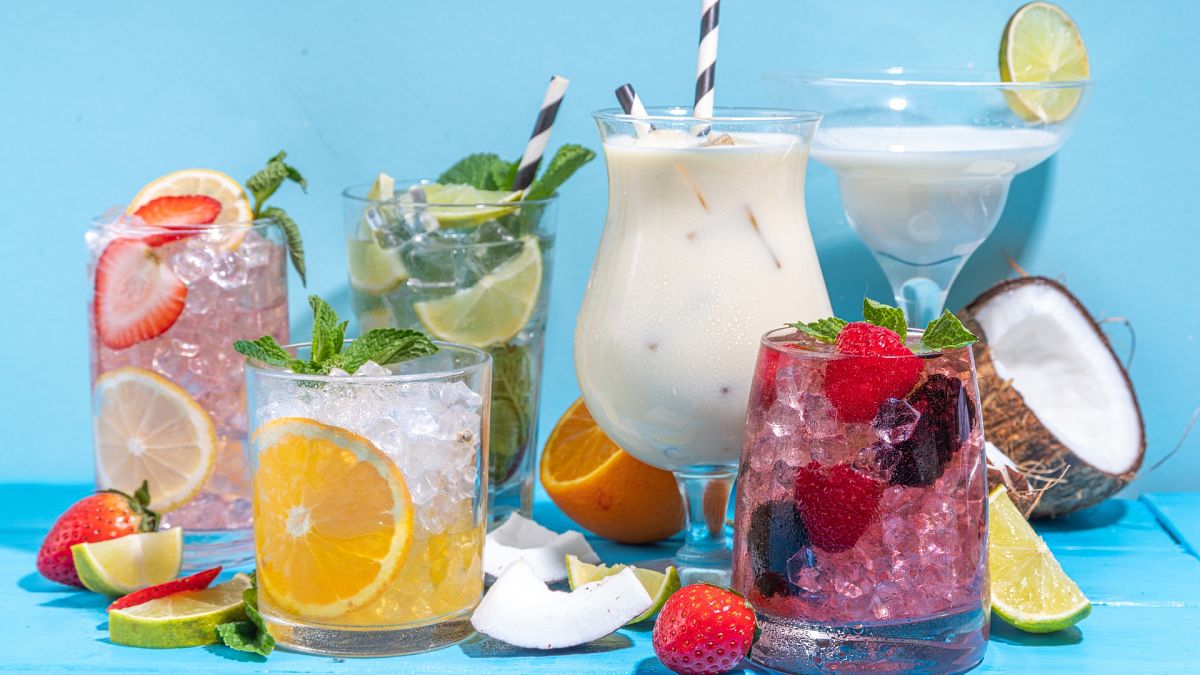Animal or plant? EU countries at odds over protein strategy

A renewed call by EU agriculture ministers to boost local protein production has sparked a divide over the direction of a forthcoming policy initiative.
Agriculture ministers meeting in Brussels this week disagreed over Europe’s protein future after a position paper suggested rebalancing towards plant-based solutions.
During the meeting on Monday a document was presented to ministers by Germany and Denmark, with support from Czechia, Estonia, Ireland, and Luxembourg, which advocated for diversifying protein sources, suggesting that greater reliance on plant-based proteins could mitigate the environmental and climate impacts associated with food and feed production.
The paper was circulated in the context of discussions on the need for an EU-wide protein strategy to reduce reliance on imports—a dependency that exposes the bloc to price volatility, global market fluctuations, and trade disruptions.
The discussion is a continuation of a theme introduced in April, under the Belgian EU presidency, when ministers exchanged views on increasing Europe’s autonomy in protein production and consumption.
Calls for action have been repeated at various points since then, including during the hearing of the next EU agriculture Commissioner, the Luxembourgish Cristophe Hansen.
“There are certain member states voicing concerns, requesting that we avoid over-reliance on one form of protein to the detriment of another,” summarised Hungary’s agriculture minister István Nagy after the ministerial meeting.
Soy v. beef
Major livestock-producing countries such as France and Romania explicitly pushed for a focus on promoting animal proteins in the new strategy.
“We need to frame this within a real strategy for animal husbandry. It’s an urgent priority,” said France’s agriculture minister Fabrice Loher in the debate following the item presented by Germany and Denmark, according to the source.
Romania’s secretary of state Violet Musat echoed this stance, pointing out that reducing animal protein levels in diets could negatively affect livestock farming. “A balanced approach to protein resources is essential, and animal protein is vital for human health,” Musat argued.
Ireland, which supports Germany and Denmark’s motion, noted at the same time that livestock is critical to its economy. Brendan Gleeson, secretary general of Ireland’s agriculture ministry, clarified: “To avoid any misunderstanding, we believe [animal and aquatic proteins] also need support.”
Denmark, however, highlighted the economic opportunities in plant-based protein. “More plant-based proteins could create new income streams for farmers and the agri-food sector as a whole,” its representatives Nis Christensen argued.
As long as it’s not ‘artificial’
Others were worried that the part in Germany’s and Denmark’s document suggesting the new strategy “must comprise more high-quality proteins whose production is less harmful to our climate and biodiversity” could be interpreted as a Trojan horse to cell-based meat.
“If the proponents here are referring to synthetic milk or meat produced from cell cultures, then our position would be firmly against this,” said Italy’s agriculture minister Francesco Lollobrigida.
Hungary’s Nagy added in the press conference after the meeting: “What’s important is supporting natural, not artificial, proteins.”
Both Italy and Hungary banned the production, consumption, and marketing of cell-based meat, though no such foodstuff has been approved in the EU and these bans also face scrutiny from bloc’s regulators.
During the debate, France also stressed the importance of proper labelling to differentiate traditional animal proteins from plant-based and lab-grown alternatives.
Ukraine as a ‘protein’ partner
Outgoing agriculture commissioner Janusz Wojciechowski proposed Ukraine as a potential supplier of protein plants.
“But this requires a lot of preparation and that’s why work is underway,” he continued, hinting that the forthcoming protein’s strategy should include scope for partnerships with third countries and EU enlargement.
In his successful confirmation hearing, Christophe Hansen, Wojciechowski’s successor as EU agriculture chief, also pointed to Ukraine’s potential to meet some EU protein needs, acknowledging the bloc’s current underproduction of plant-based food proteins.
World News || Latest News || U.S. News
Source link



